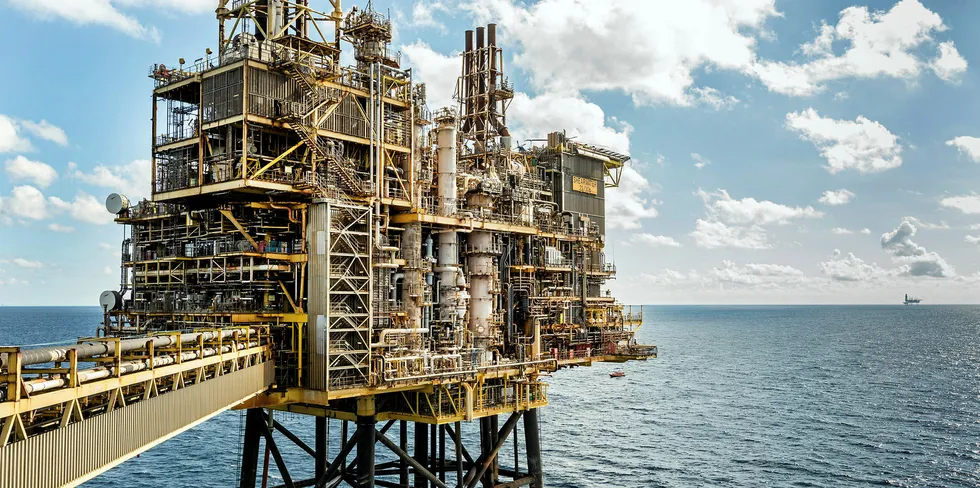Offshore oil industry 'social licence to operate under threat' in UK
Oil & Gas Authority chairman Tim Eggar tells sector chiefs they must 'act much faster and go farther' in shrinking carbon footprint

Oil & Gas Authority chairman Tim Eggar tells sector chiefs they must 'act much faster and go farther' in shrinking carbon footprint
